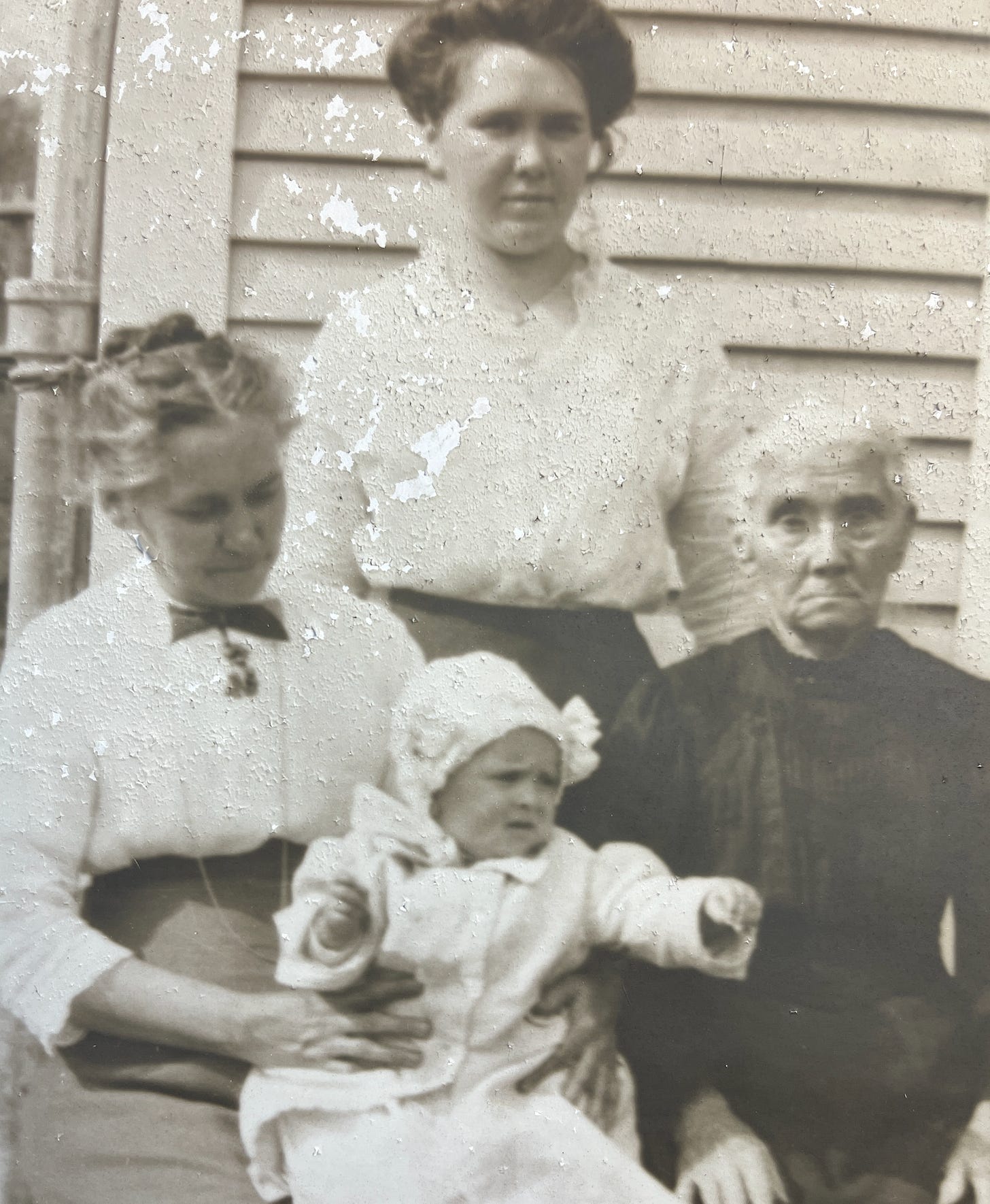Dementia Be Damned
Is spiritual cooling the real cause of global warming?

I picked up the phone to check in with my mom. She’d recently moved into a senior living facility with my dad, and it had been challenging for her.
Community meals were uncomfortable because she has dementia and she’s a life…


